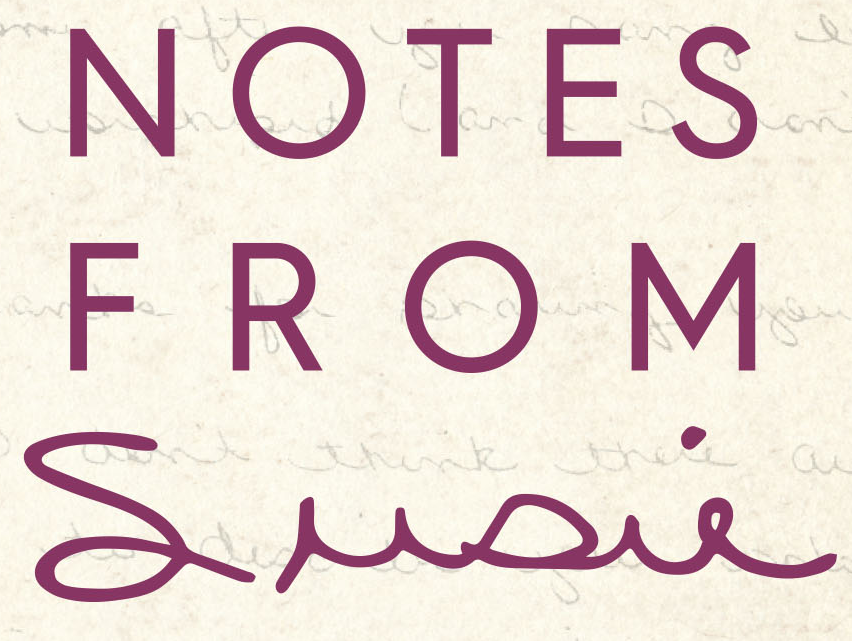Our Tuesday morning Bible Study group recently began a rather new book, Making Sense of the Bible, penned by Adam Hamilton, a Methodist pastor in Kansas City. Already the early stanzas dealing with the nature of scripture -- Biblical geography, timeline, writers of the Old Testament, when and why they wrote, and which books did and didn’t make into the Old Testament -- are turning on lights within me that a faith-based college degree in religious education and a pair of seminary degrees (in music of course) failed to do. In no way do I fully credit those institutions nor my junior college Bible teacher with those failures. My upbringing left a deep impression that critical Biblical scholarship somehow debunked the authority and power of Holy Writ. Growing up, a steady stream of revival preachers leaning toward “the Bible says it, I believe, and that settles it” left its mark also. But in my heart of hearts those slants didn’t seem to ring completely true even back then and the theological environment amidst which I’ve lived most of my adult life hasn’t done much to change my misimpression. I’m not blaming that either. I should have investigated further my hunch.
The fact is, much of the Bible began as oral tradition, told and retold over generations rather than scripted by the finger of God or transcribed verbatim from the voice of God. Imperfect people eventually put the old stories in writing and later on, other mere mortals decided which of those writings made the cut and which ones would not be included in the manuscript as we know it today. But none of the above diminishes or dilutes the message of love or grace or power or judgement of God conveyed in scripture. Personally, it elevates the sacred text and makes me want to read more of it – it now makes more sense. I feel more connected to it and inspired by it realizing that God has trusted His eternal kingdom work to His people, people not unlike you and me. And God still does.
I have performed as preacher exactly once in my life -- at a Celebrating Grace Hymnal dedication several years ago. (Since no additional invitations have come, methinks word has gotten around.) Preparing that single Sunday wonder, it occurred to me that God did not cease his revelation when the Bible came into being, that some of God’s more recent revelation can be found in other places -- for me, most readily within hymns scripted by other inspired writers.
Those of you who followed our Notes From Susie Facebook page while Susie (aka Honey) was sick and those who have read the Notes From Susie book know how she and I drew on the depths of hymnody during her illness as have I since her death a year and half ago. Most of those hymns came from the Celebrating Grace Hymnal that I was privileged to help build. That book and those hymns were like discovering a new book of Psalms. Adam Hamilton reminds us that many of the biblical Psalms were written in the wake of the destruction of Jerusalem, during and after the Exile, encouraging the people to rebuild their lives and temple after great national turmoil and hardship. In like manner, those hymns were like psalms to Honey and me during our extended journey.
Occasionally in this space for the next little bit and in the spirit of Adam Hamilton, I’m going to try my hand at “making sense of the hymnal.” There’s a lot of Bible in the hymns…there is also inspiration…and more recent revelation. Perhaps we will mine some new and remember some other.
This morning I’m reminded of a line from “Break Thou the Bread of Life,” a hundred and fifty year old hymn about the Bible -- “beyond the sacred page, I seek Thee, Lord.”
And another – “singing His praises all the day long.”
- Mark

